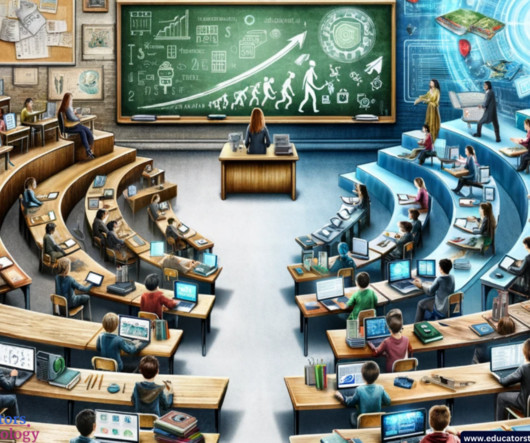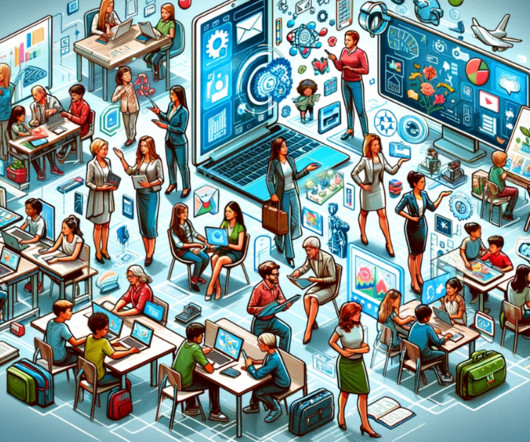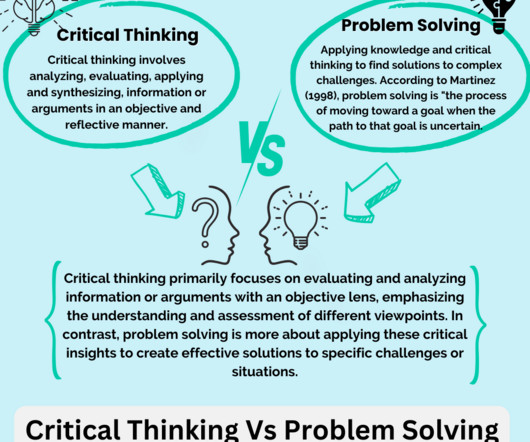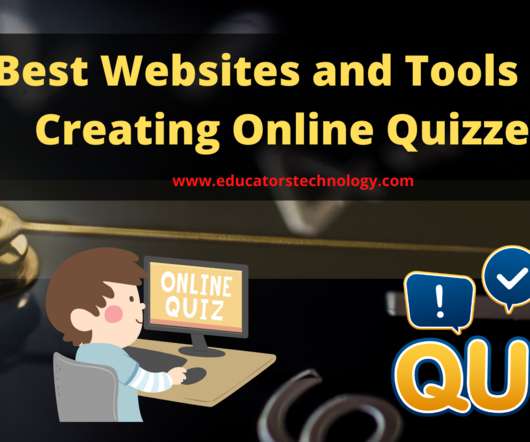The Future of eLearning - 10 Trends To Be Aware Of
ViewSonic Education
JANUARY 24, 2019
Adaptive Learning. Adaptive learning is a style of education where resources, activities, projects, and assignments are tailored to each student’s individual needs. Social Learning. Mobile Learning. Beyond simple smartphone commands, AI has found a use in the context of eLearning.
















Let's personalize your content